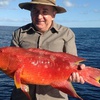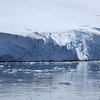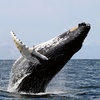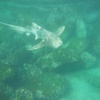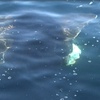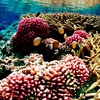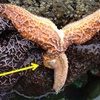
Starfish Wasting Disease May Be Tied to Warming Waters
"I don't know what you would call it other than catastrophic," says Drew Harvell, a biologist at Cornell University, describing what is widely regarded as one of the worst marine disease events ever recorded. "It's staggering, really, the millions of stars that have died. It is not apocalyptic or extreme to say that." Read the full story in Discovery Channel News.


